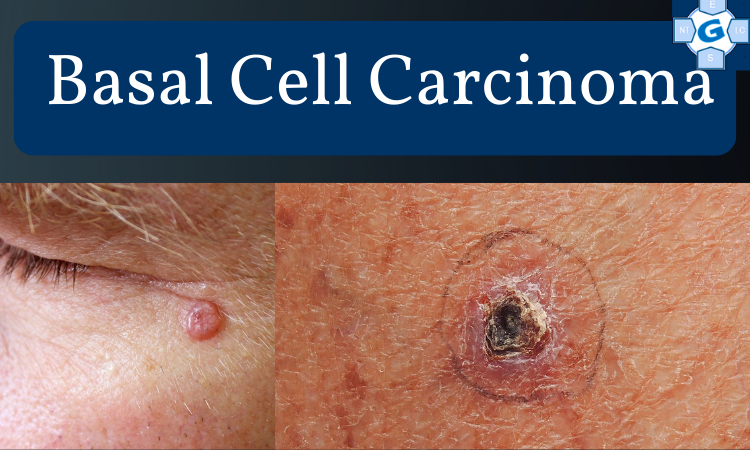
Basal Cell Carcinoma (BCC) is the most common type of skin cancer, typically caused by prolonged and unprotected exposure to the sun's harmful ultraviolet (UV) rays. While BCC is highly treatable, prevention is key to avoiding the potential discomfort and medical interventions associated with this condition. Here we will talk about the effective lifestyle changes and risk reduction strategies to help you safeguard your skin and reduce the likelihood of developing BCC.
Sunscreen is Your Shield: Generously apply broad-spectrum sunscreen with a minimum SPF of 30 to all areas of exposed skin, even on overcast days. Remember to reapply every two hours, particularly after swimming or sweating.
Look for shaded areas, especially when the sun is strongest between 10 a.m. and 4 p.m. When you're outdoors, make sure to wear protective clothing, wide-brimmed hats, and sunglasses to reduce skin exposure.
Outdoor Activities Timing: Plan outdoor activities in the early morning or late afternoon when the sun's intensity is reduced.
Maintaining proper hydration is crucial to keep your skin healthy. Drinking water helps your skin cope with sun exposure and stay moisturized.
Know Your Skin: Familiarize yourself with your skin's appearance, moles, and freckles. Regular self-checks can help you notice any changes or abnormalities early.
Use the ABCDE rule for assessing moles and growths: Asymmetry Border irregularity Color variations Diameter greater than 6mm, and Evolving characteristics.
Smoking elevates the chances of developing different cancers, including skin cancer. Quitting smoking reduces overall health risks and promotes healthier skin.
Antioxidant-Rich Foods: Consume a diet rich in antioxidants like fruits, vegetables, and whole grains. These foods help your body combat free radicals and protect your skin cells from damage.
Educate Yourself: Stay updated on the latest information about BCC, its risk factors, and prevention methods. Knowledge is a powerful tool for proactive health care.
Professional Screenings: Arrange routine visits to a dermatologist for skin checks, particularly if you have a family history of skin cancer or possess a heightened risk profile.
In case, despite all precautions, you are afflicted with Basal Cell Carcinoma, there is an innovative and non-toxic BCC treatment – GEIPE therapy. Unlike traditional procedures, GEIPE, which stands for 'Gentle Electrotherapy to Inhibit a Pivotal Enzyme,' offers a non-invasive, non-surgical scientific approach to addressing BCC. What makes GEIPE even more appealing is its affordability. Please visit https://cancer-treatment.net for more information.
⬤ ⬤ ⬤